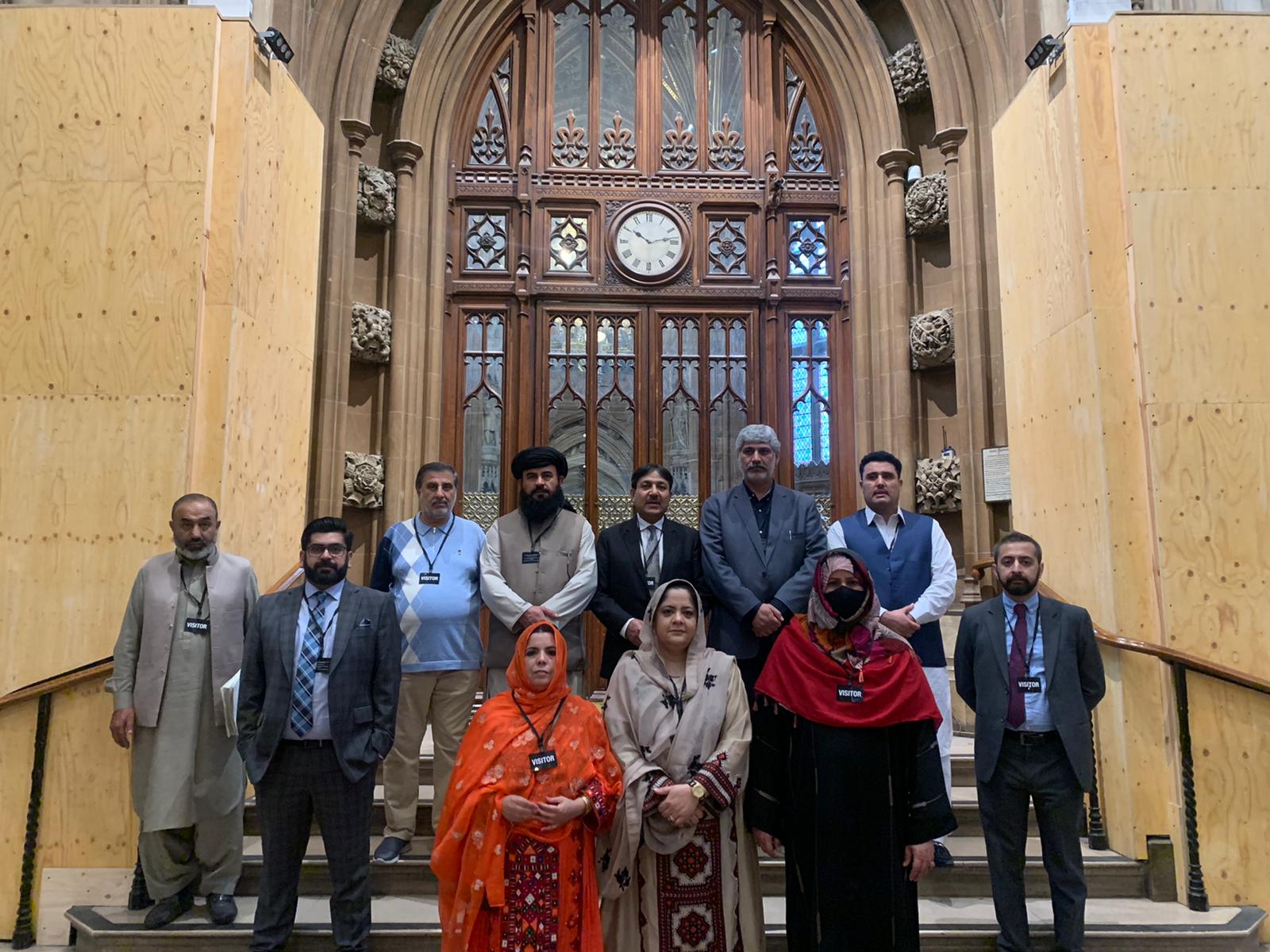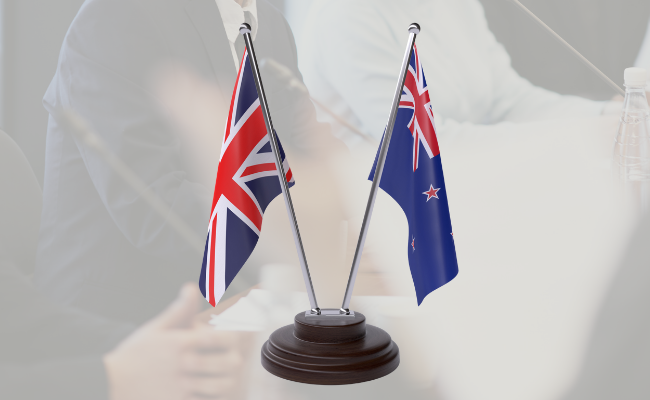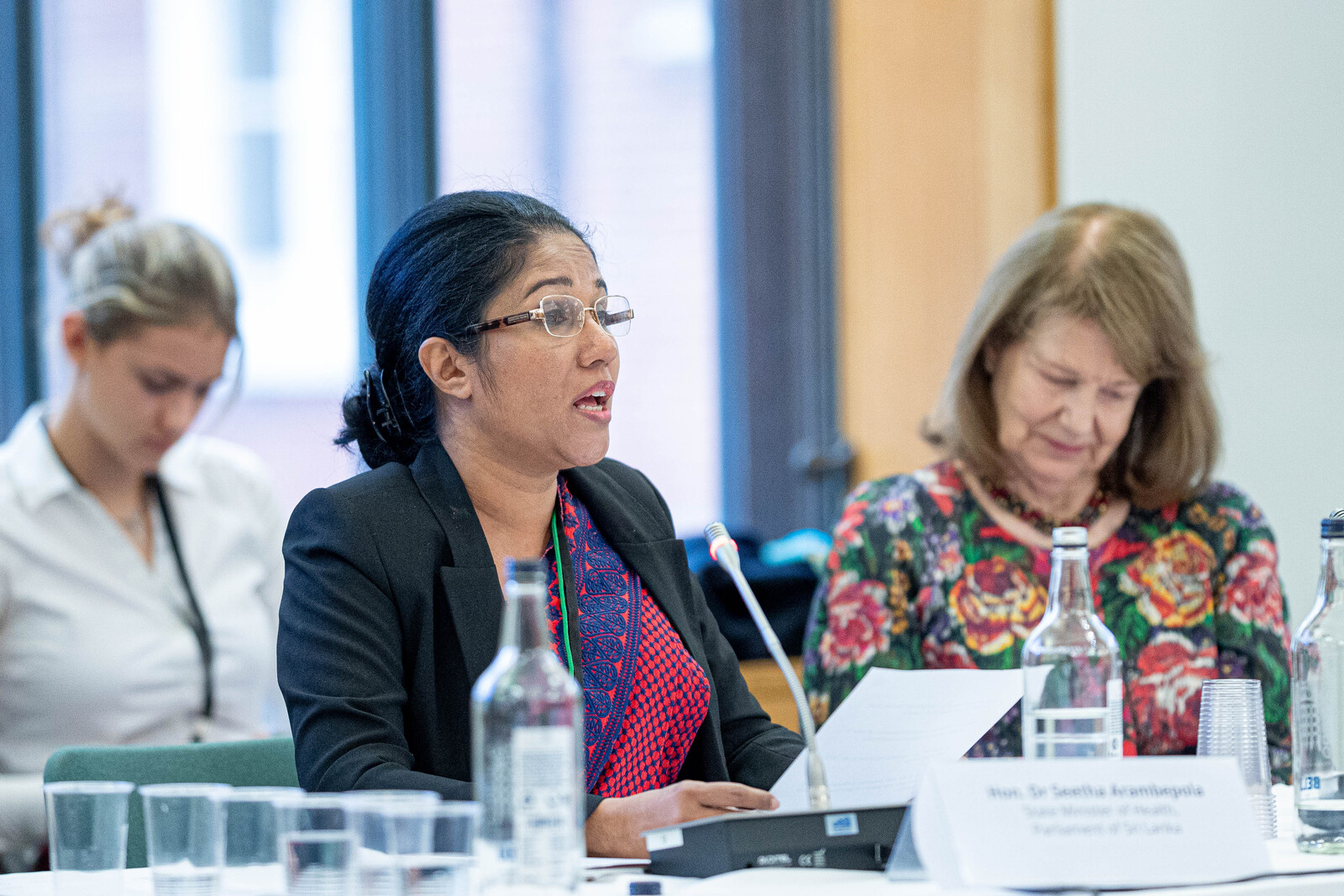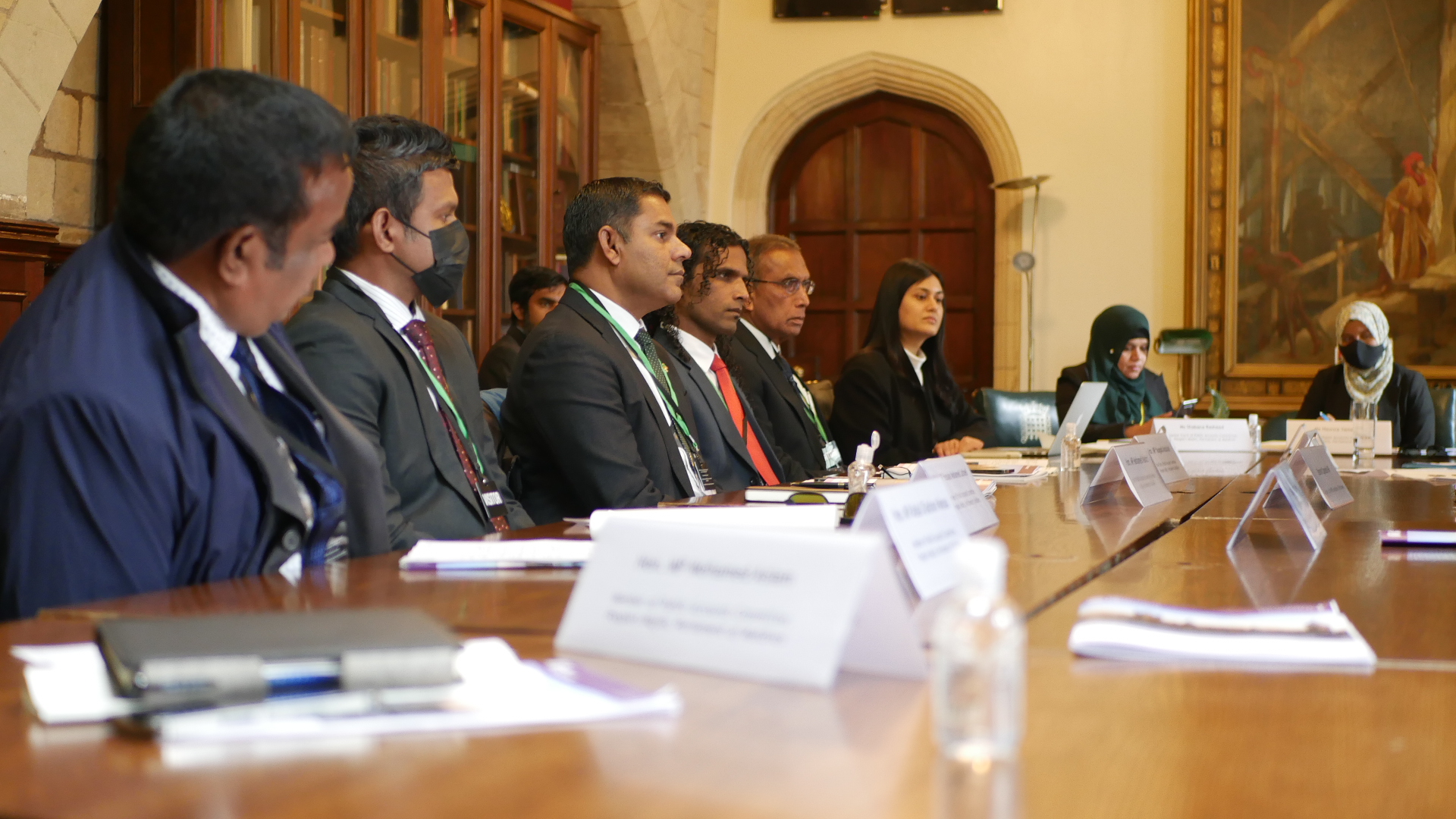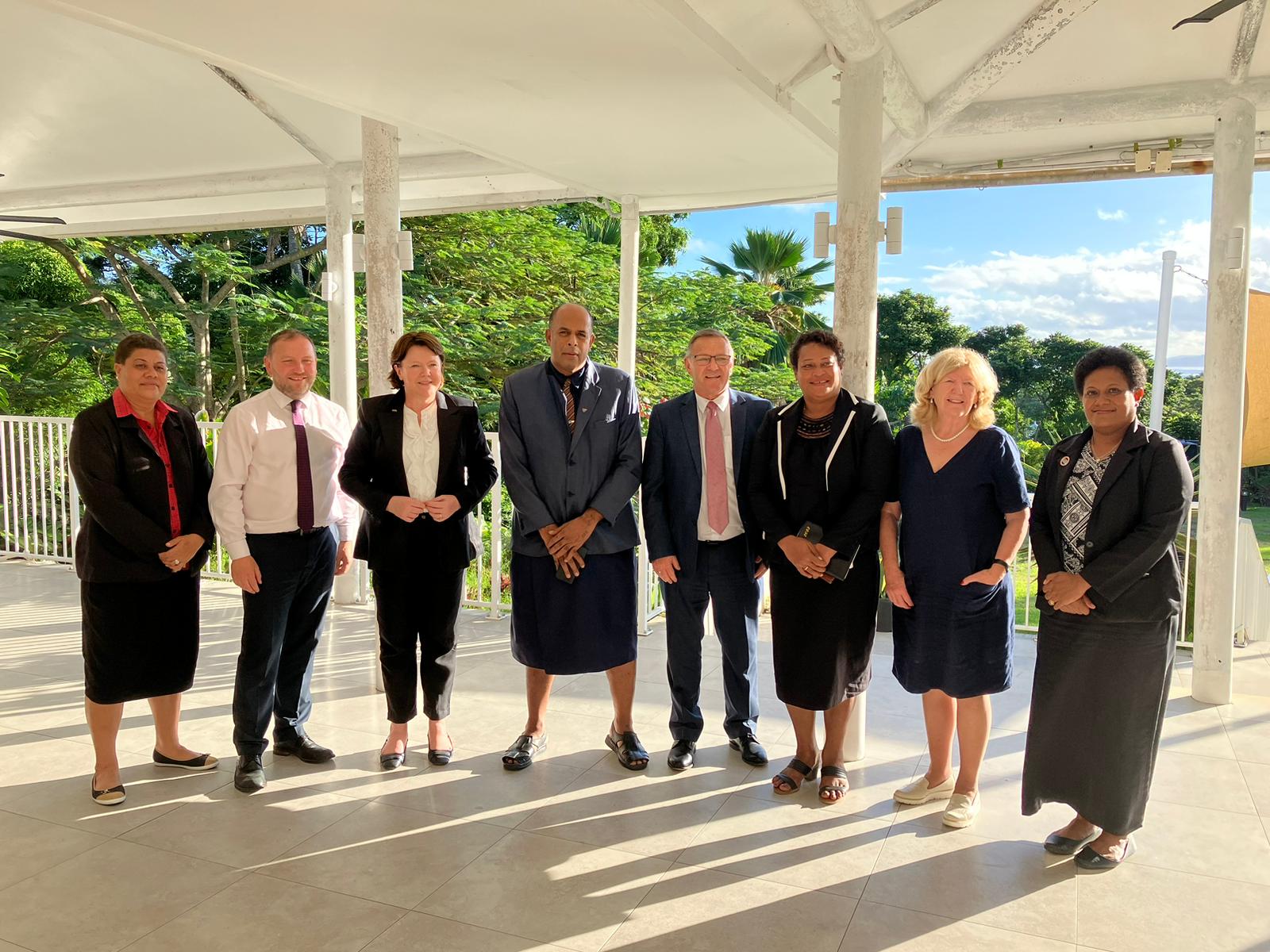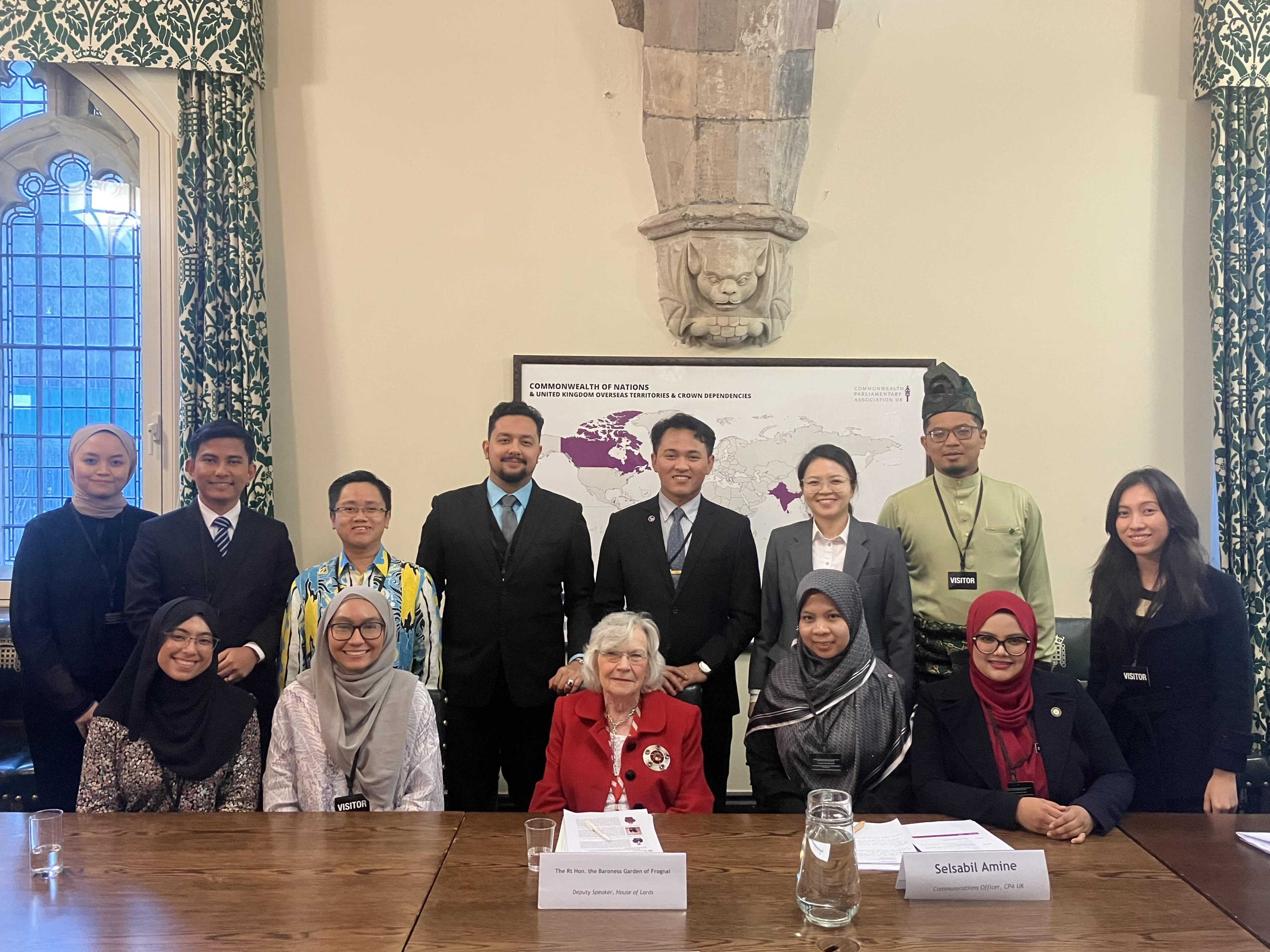New Zealand Prepares New Members for their Roles
Published 08 March 2024
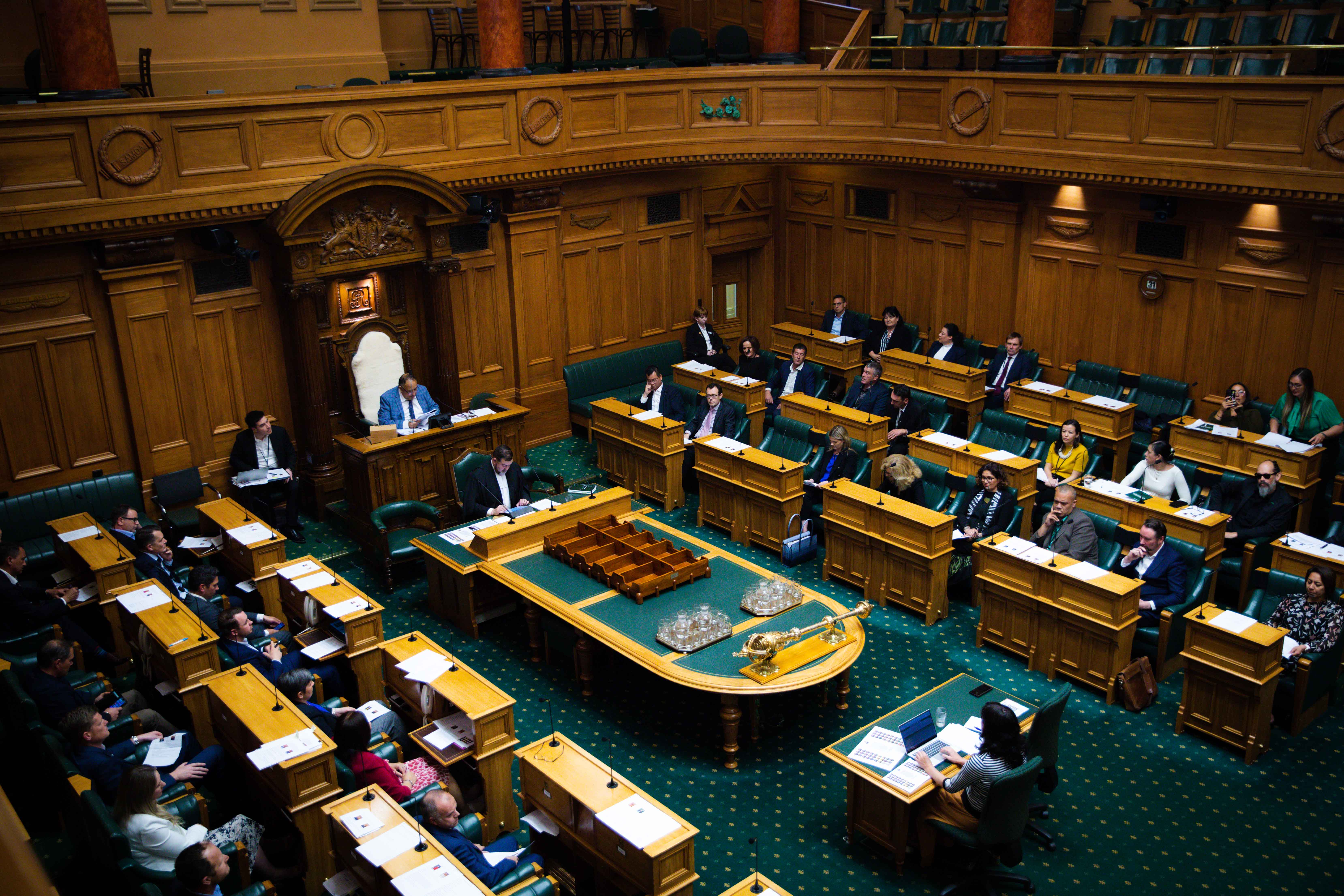
Newly-elected members of the New Zealand Parliament participate in a role playing exercise simulating ministerial question time, chaired by the Rt Hon. Adrian Rurawhe MP, who was then Speaker of the House of Representatives.
The Parliament of New Zealand’s 2023 induction programme for members offers an insight into how a Commonwealth Parliament prepare those newly elected for office.
Nearly half of the world’s population resides in countries holding national elections in the next year, including the UK, which will have a General Election by the end of January 2025. As the UK Parliament readies itself to welcome a fresh cohort of newly elected members, there is much to gain from exploring how induction processes are delivered in partner legislatures around the Commonwealth.
In June 2023, as part of a wider bilateral programme in Wellington, a CPA UK Delegation met with the New Zealand Parliament’s Election Team to discuss their plans for a new members’ induction program. New Zealand’s elections were held in October 2023 and resulted in a hung parliament, with the National, ACT, and New Zealand First parties forming a new coalition to displace the previous Labour government. This shift ushered in a significant turnover of MPs, with over a third being newcomers.
New Zealand has a history of hung parliaments, with Labour’s victory in 2020 being the only occasion that one party has gained a majority since the adoption of proportional representation in 1996. The government formation process typically spans several weeks, during which parliament does not sit.
The New Zealand Parliament uses this time to engage new members in a comprehensive induction process, aimed at equipping them with vital skills and knowledge for their roles as parliamentarians. In the 2023 edition of this program, 43 out of 47 new members actively participated. This included members from every party in the Parliament, allowing them to engage across party lines at the outset of their parliamentary careers.
The new members were joined by six candidates who failed to win election. These individuals may serve as MPs should their party counterparts elected ahead of them vacate their roles prior to the next election, and their participation in the induction programme aims to enable them to hit ground running if called upon to serve in the New Zealand Parliament. Mid-term induction courses are also run for those who become members in between national elections.
The three-week programme delved into various aspect of an MP's role. The first week focused on the support provided by parliamentary services to members and their staff. Week two concentrated on setting up members' offices in their electorates (known as 'constituencies' in the UK) and addressing ways for members to enhance the safety and well-being of themselves and their families amidst heightened public scrutiny and security concerns.
In the final week, members practiced effective participation in parliamentary proceedings, including delivering speeches, asking questions, and drafting bills and amendments through role-playing exercises. This hands-on experience equips them to perform these tasks during a live parliamentary session.
The program also incorporated a formal Māori ceremony known as A mihi whakatau, welcoming members to the New Zealand Parliament. This event was attended by MPs’ families, senior clerks, and leaders of the parliamentary services team, and served as a celebration of New Zealand’s vibrant cultural heritage.
This article was produced in partnership with the Parliament of New Zealand.
